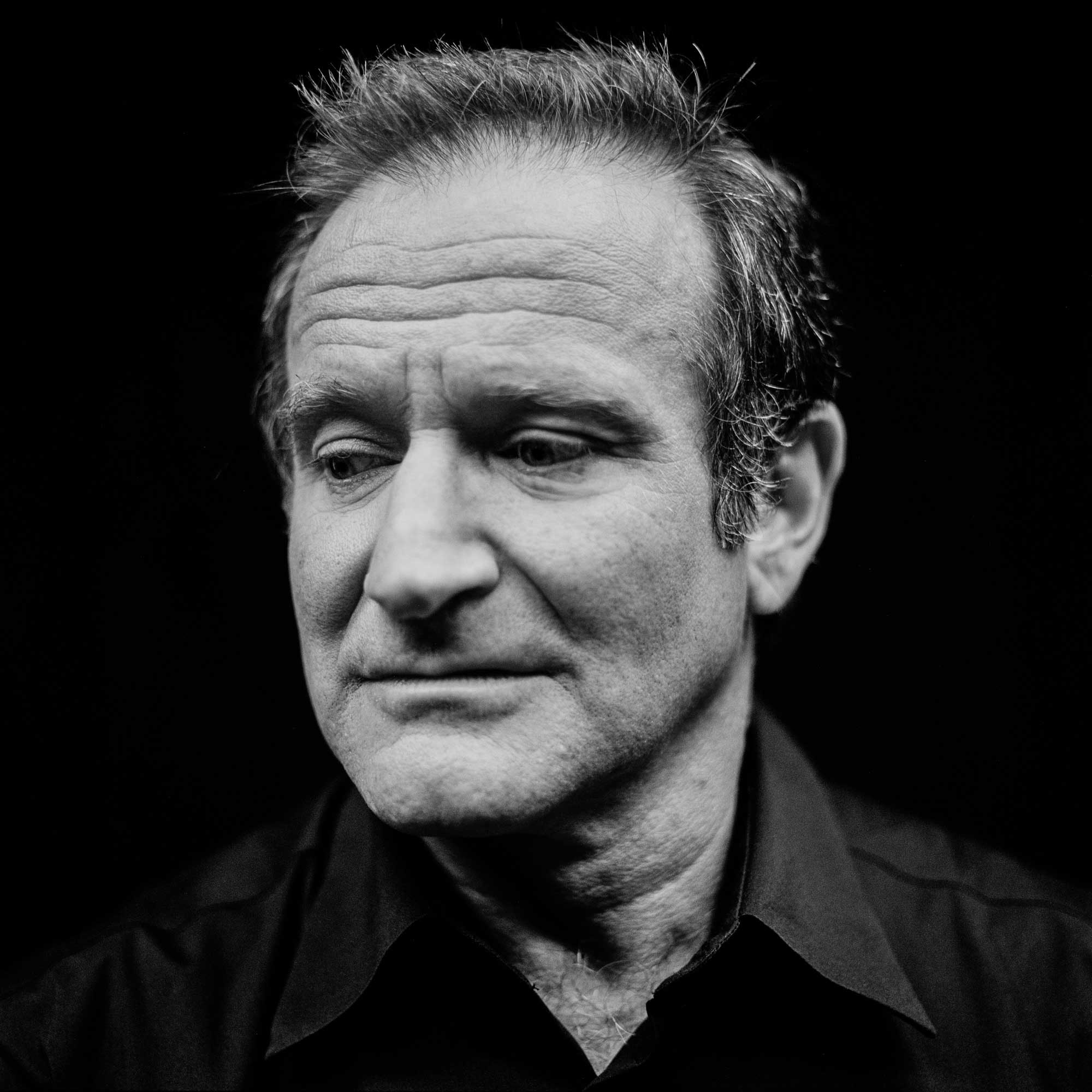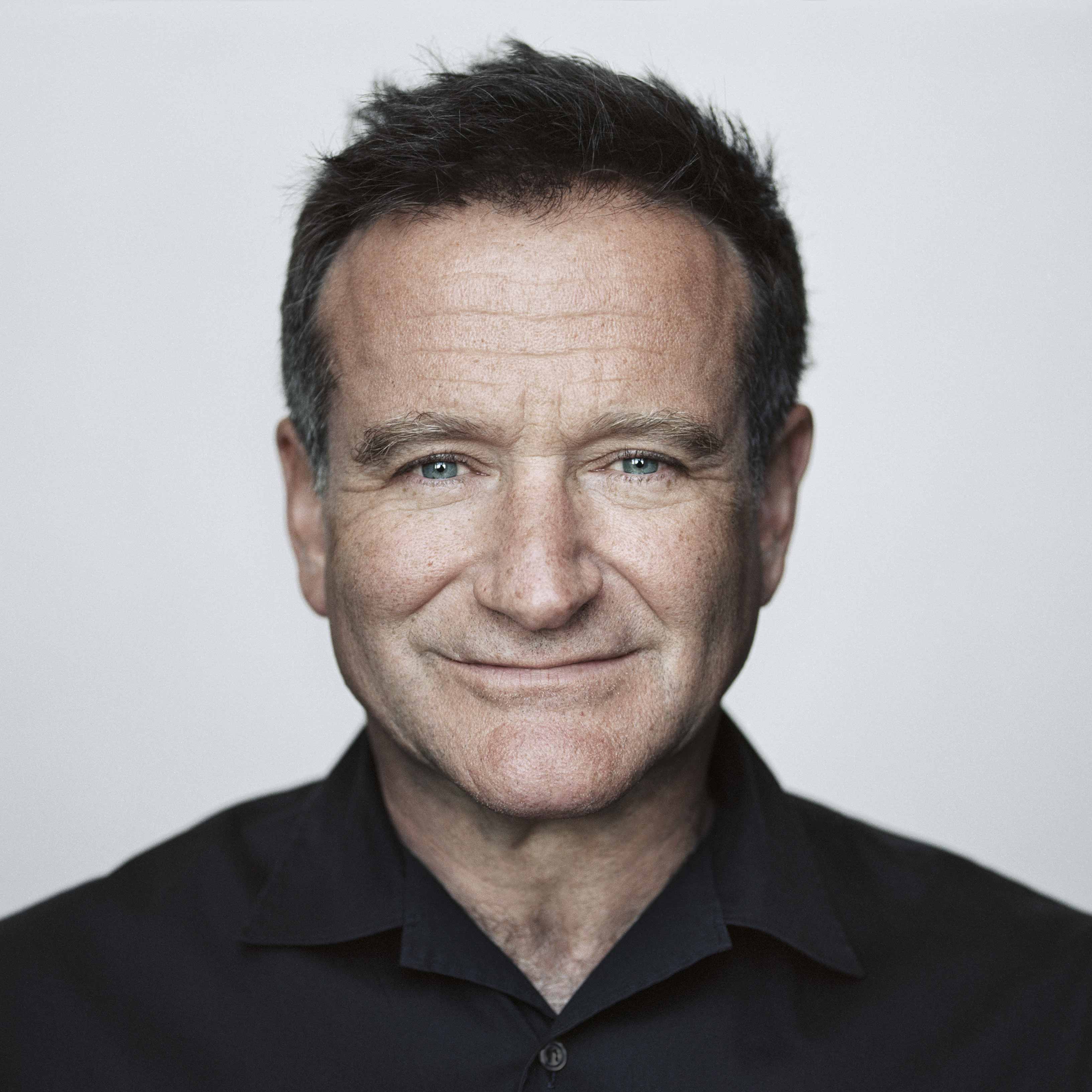Robin Williams: The Complex Comedic Genius
Robin Williams, a beloved comedian, actor, and philanthropist, left an indelible mark on the world of entertainment and countless hearts worldwide. His unparalleled comedic talent, combined with his genuine empathy and vulnerability, made him a beloved icon. However, behind his infectious laughter and brilliant performances lay a complex and multifaceted individual, whose inner struggles cast a shadow on his extraordinary life. This essay will critically examine the complexities of Robin Williams, shedding light on the factors that shaped his comedic brilliance, the challenges he faced, and his enduring legacy as a cultural icon.
The Roots of Comedic Genius
Robin Williams' comedic genius stemmed from a profound understanding of human nature and a mastery of improvisation. His childhood experiences, marked by a desire to make people laugh and cope with his parents' divorce, laid the foundation for his unique brand of comedy. Williams honed his craft at prestigious institutions like the Juilliard School, where he developed an exceptional ability to embody characters and explore a wide range of emotions.
One of his defining comedic techniques was improvisation, which allowed him to tap into the spontaneous and unpredictable moments of life. Through improvisation, Williams created unforgettable characters, such as the extraterrestrial Mork from Ork on the sitcom "Mork & Mindy," and the voice of the Genie in Disney's animated classic "Aladdin." These performances showcased his remarkable ability to connect with audiences on both intellectual and emotional levels.
Beyond Comedy: A Sensitive Soul
Beneath the façade of laughter and entertainment, Robin Williams was a deeply sensitive and complex individual. He struggled with addiction, depression, and anxiety throughout his life. His vulnerability and openness about his mental health challenges resonated with audiences, who saw him as someone who understood their own struggles.
Williams used his platform to raise awareness about mental illness and to advocate for those suffering in silence. He became a spokesperson for the National Mental Health Association and supported various mental health organizations. His willingness to speak openly about his own experiences helped reduce stigma and encouraged others to seek help.
The Dark Side of Genius
While his comedic brilliance brought joy to millions, Williams' inner demons haunted him. His struggles with addiction and depression led to several hospitalizations and rehab stints. The constant pressure to maintain his public persona and to live up to the expectations of his fans took a heavy toll on his well-being.
In 2014, at the age of 63, Robin Williams died by suicide. His death sent shockwaves through the entertainment world and beyond, leaving a void in the hearts of his fans and loved ones. The complexities of his life and the demons he battled raised questions about the relationship between creativity, mental illness, and the pressures of fame.
Legacy: A Complex Tapestry
Robin Williams left behind a complex and enduring legacy. He redefined comedy by blending humor with depth and vulnerability, inspiring countless comedians and actors. His advocacy for mental health awareness and his willingness to share his own struggles made him an icon for those facing similar challenges.
However, Williams' legacy is also marked by the tragedy of his suicide, underscoring the importance of addressing mental health issues and providing support for those who need it. His death served as a reminder that even those who bring laughter and joy to others can be burdened by inner turmoil.
Critical Perspectives
Critics have analyzed Robin Williams' life and work from various perspectives. Some have praised his comedic genius and his ability to connect with audiences on a profound level. Others have explored the darker aspects of his life, including his struggles with addiction and mental illness, highlighting the challenges faced by those in the spotlight.
One critique argues that Williams' comedy, while entertaining, often relied on vulgarity and self-deprecation, which some saw as a reflection of his own inner struggles. Additionally, some critics have questioned the long-term impact of his improvisational style, suggesting that it could lead to a lack of focus and a reliance on cheap laughs.
Conclusion: A Timeless Icon
Robin Williams' legacy as a comedic genius and cultural icon remains undisputed. His extraordinary talent, coupled with his genuine empathy and vulnerability, made him a beloved figure who touched hearts worldwide. While his inner struggles cast a shadow on his extraordinary life, they also serve as a reminder of the complexities of human existence and the importance of addressing mental health issues.
Williams' enduring legacy lies in his ability to make people laugh, think, and feel. His performances continue to inspire and entertain new generations, while his advocacy for mental health awareness continues to make a difference in the lives of countless individuals. Through his laughter and tears, Robin Williams left an indelible mark on the world, reminding us that even in the darkest of times, humor and compassion can prevail.
2024-25 College Football Playoff Schedule, Dates, TV Channel, Sites
Jimmy Carter: A Humanitarian President And Advocate For Global Peace
Ellen DeGeneres' Departure From Daytime TV: What Happened?



